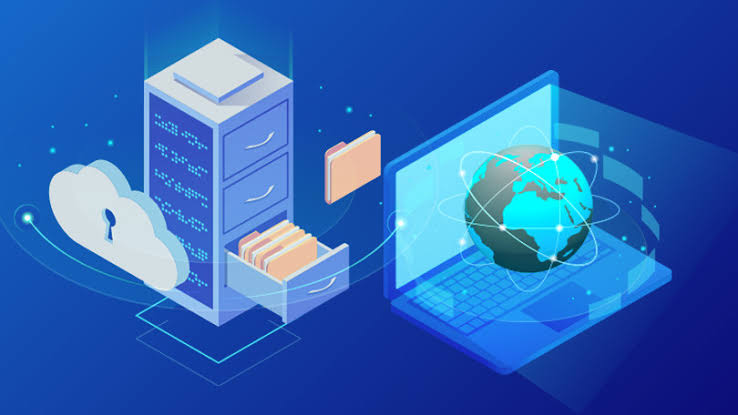It’s the secret to protecting your privacy and security online. . . So what is a VPN and why do you need one?
If you’re like us, you probably spend a lot of time working online. Maybe you’re a blogger or a web developer. Maybe you’re a business owner who relies on your laptop to do most of your work. Whatever you do, chances are that you use the internet a lot. And if you do, you probably use the internet in places that aren’t secure. When you’re using the internet in places that aren’t secure, you expose yourself to potential risks. That’s where a VPN can help.
A virtual private network (VPN) is a private network extending across a public network, such as the internet. The purpose of a VPN is to provide secure access from your computer or mobile device to another network that you may not be able to get to directly, for example, if it’s behind a firewall or in an office with restricted internet access. A VPN service enables you to securely connect to any remote location on the web through your home or work connection.
A service’s customers connect their computers or work devices to the VPN, similar to a Wi-Fi hotspot, after which all their incoming and outgoing data goes via an encrypted tunnel.
A VPN allows you to change your public IP address. So when you’re connected to a VPN, your traffic appears to be coming from somewhere else on the internet. If someone were watching your activity online, they would see your computer connect to the VPN server first, then proceed to log in and browse the web normally.
VPNs use protocols such as IPsec, IKEv2, and OpenVPN. They have different levels of security, some are more secure than others, but the majority work well with Windows, macOS, Linux, and mobile operating systems.
VPNs are used in both business and consumer settings. For example, a business may use a VPN to connect branch offices or home workers with secure remote access to corporate resources and intranets.
Whereas consumers may use a VPN to secure their privacy online. You can use it to browse the internet without being tracked by third parties, such as your Internet Service Provider (ISP). You can also send emails, access your social media accounts, and chat with friends. A VPN helps keep your personal information safe.
VPNs can also unblock censorship in countries with strict or oppressive regimes. For example, government authorities block many websites in China, including Google, Facebook, Twitter, Wikipedia, and even the BBC. Users can access these sites without being censored by connecting to a VPN server located outside of China.
Alternatively, users can simply access content from streaming services, such as Netflix or Amazon Prime, in different geographical areas.
For most people, using a public Wi-Fi network is convenient, but it comes with risks. Hackers can steal your credentials, bank details, or identity when they monitor, sniff, and intercept your traffic.
According to VPN provider HideMyAss, 85% of internet activity is valuable to cybercriminals. This includes sensitive information, such as passwords, bank account details, emails, etc.
Most people know that they should be careful about what websites they visit when connected to public Wi-Fi networks at coffee shops or airports. Still, not everyone realizes just how vulnerable they really are.
The same applies to those who connect to the internet through hotels’ free wireless connections. In fact, according to research by Cisco, 60 percent of hotel guests admit to visiting inappropriate sites on these networks without realizing it.
So it’s a huge risk, which is why you need a VPN. Since a VPN encrypts your traffic, it is impossible for people to snoop on your online activity. They won’t be able to see what you’re doing or what you’re looking at.
Therefore, VPNs can benefit anyone who uses the internet because they make it much harder for someone to intercept your personal data. Most VPN services allow you to set up a profile on their servers so that they can automatically route all your Internet traffic through the VPN.
In conclusion, VPNs are incredibly useful tools that make individual devices appear to be accessing the internet through a single, authorized location. VPNs use encryption to secure your internet connection, hide your IP, and mask your location. They work across platforms, devices, and locations. Plus, they are suitable for consumers and businesses seeking the utmost privacy, security, and peace of mind when online.

